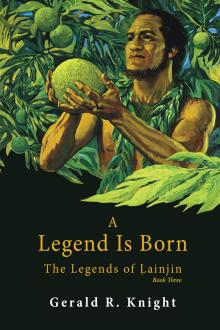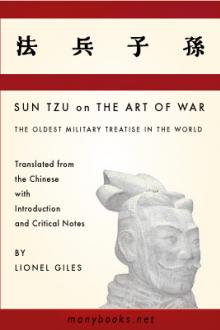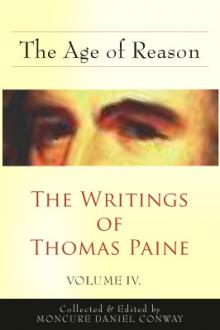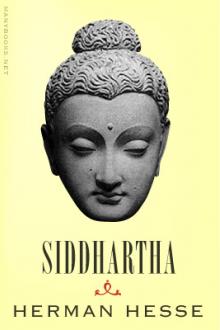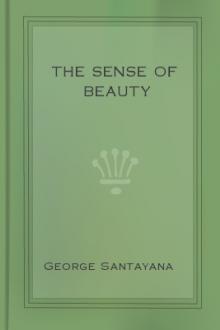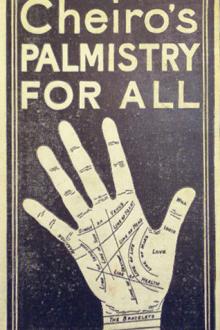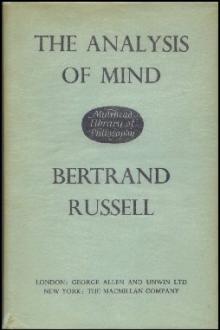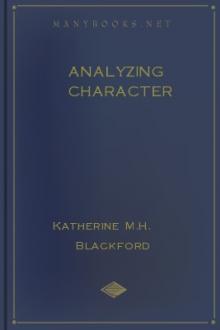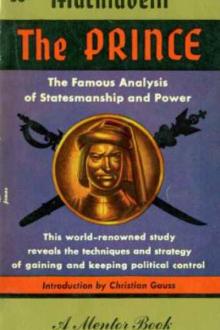Kant's Theory of Knowledge
Kant's Theory of Knowledge
This book is an attempt to think out the nature and tenability of Kant's Transcendental Idealism, an attempt animated by the conviction that even the elucidation of Kant's meaning, apart from any criticism, is impossible without a discussion on their own merits of the main issues which he raises.
Book Excerpt
e conception A, although it stands in relation to it. In the former case the judgement is called analytic, in the latter synthetic.[9] 'All bodies are extended' is an analytic judgement; 'All bodies are heavy' is synthetic. It immediately follows that only synthetic judgements extend our knowledge; for in making an analytic judgement we are only clearing up our conception of the subject. This process yields no new knowledge, for it only gives us a clearer view of what we know already. Further, all judgements based on experience are synthetic, for it would be absurd to base an analytical judgement on experience, when to make the judgement we need not go beyond our own conceptions. On the other hand, a priori judgements are sometimes analytic and sometimes synthetic. For, besides analytical judgements, all judgements in mathematics and certain judgements which underlie physics are asserted independently of experience, and they are synthetic.
[9] B. 10, M. 7.
Here Kant is
FREE EBOOKS AND DEALS
(view all)Popular books in Philosophy
Readers reviews
0.0
LoginSign up
Be the first to review this book
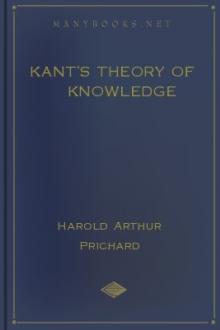
 Free Download
Free Download